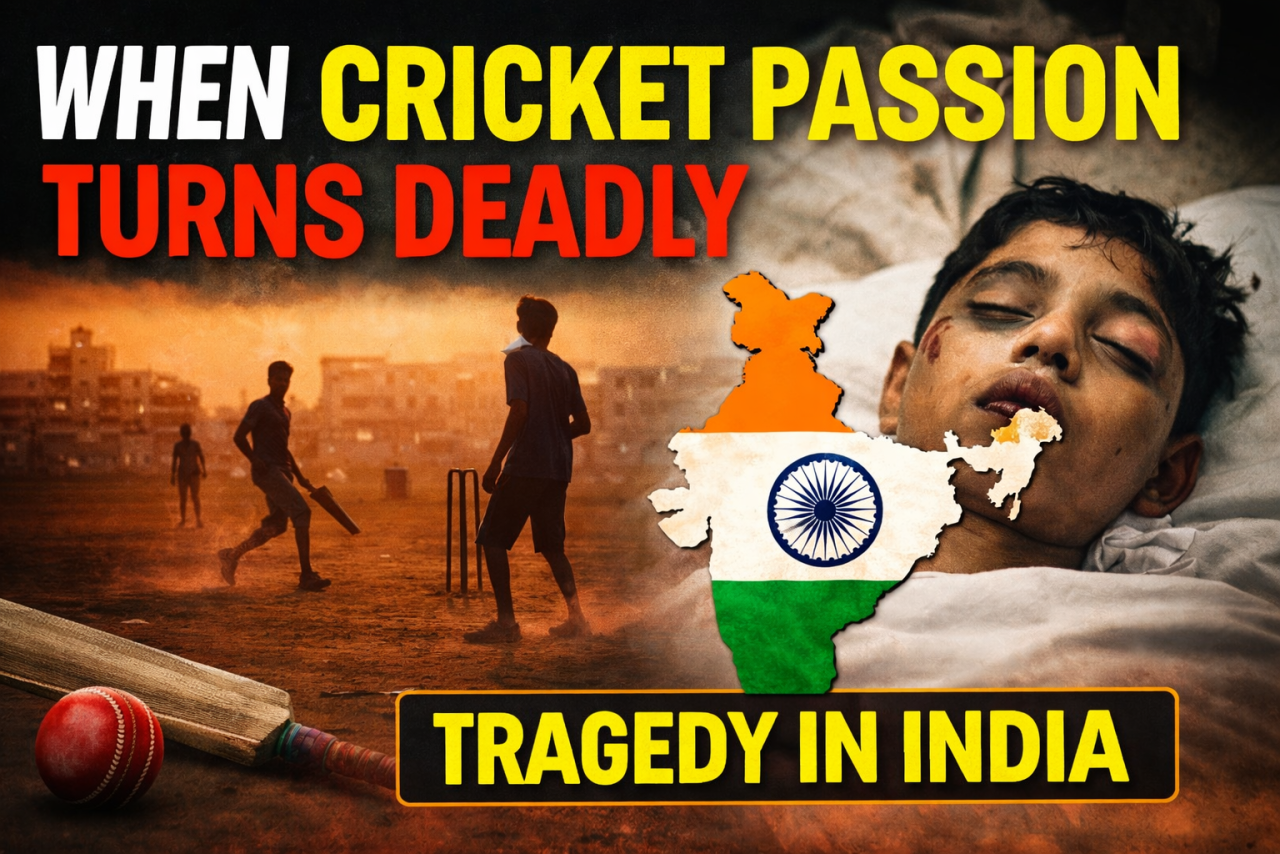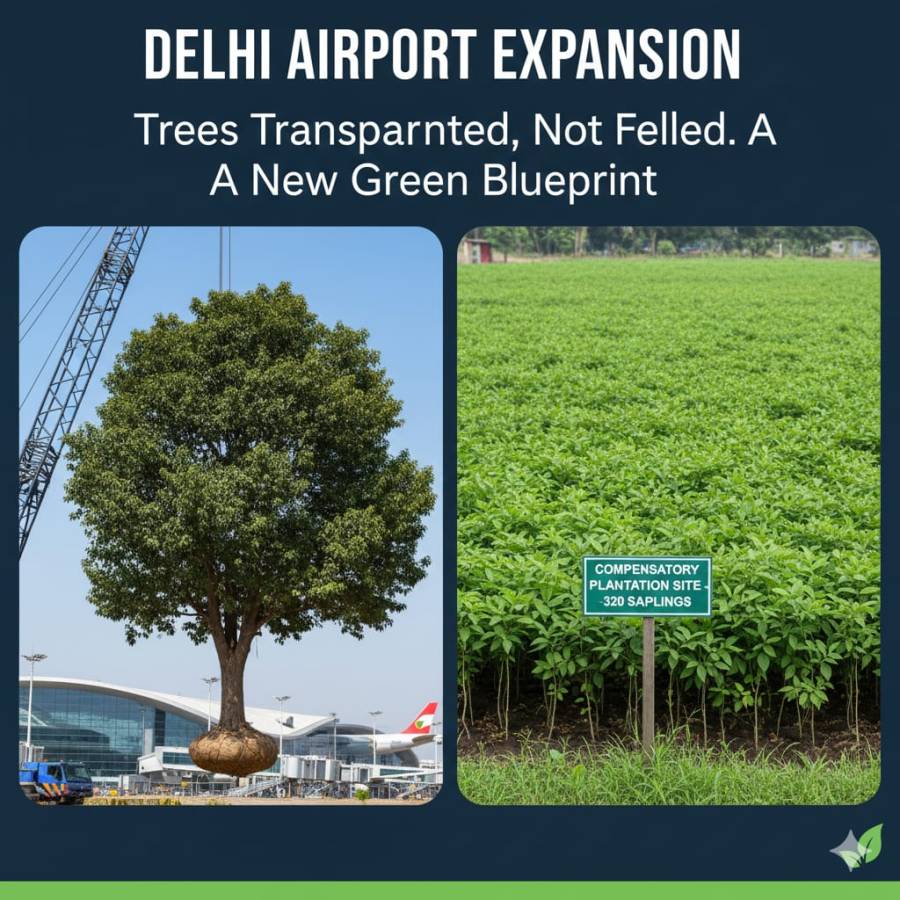
A nation’s growth is fundamentally linked to the strength of its education system. Recognizing this, the Delhi government has made a decisive investment in its future by allocating an unprecedented ₹19,291 crore—nearly 20% of its total budget—for education in the fiscal year 2025-26. This represents an 18% increase from the previous AAP government’s revised estimate of ₹15,924 crore in 2024-25, underscoring a strong commitment to improving learning environments, expanding digital education, and strengthening skill development programs.
The budget, presented by Chief Minister Rekha Gupta, has been lauded as a visionary step toward transforming Delhi into a center of excellence in education. With significant investments in new schools, smart classrooms, higher education, and entrepreneurship training, the government aims to address shortcomings in the system while setting a precedent for other states to emulate.
Key Initiatives: Infrastructure, Digital Transformation, and Skill Development
A major component of the budget is the expansion of school infrastructure. The government has earmarked ₹100 crore for the establishment of 60 new CM Shri schools, modeled after the central government’s PM Shri schools. These institutions will fully comply with the National Education Policy (NEP) 2020 and implement the National Curriculum Framework for School Education (NCFSE) 2023, ensuring a modern, skill-based learning approach. This initiative is expected to alleviate overcrowding in government schools and enhance infrastructure in underprivileged areas.
Another significant reform is the digital transformation of classrooms. With ₹100 crore allocated for converting 7,000 traditional classrooms into smart classrooms, students in Grades 9 to 12 will gain access to digital tools, interactive learning modules, and high-speed internet. "Our objective is to ensure that every classroom in Delhi transitions into a smart classroom in the coming years," said CM Rekha Gupta. The initiative aligns with global trends in digital education and aims to enhance student engagement and learning outcomes.
To further strengthen the digital infrastructure in schools, the government has earmarked ₹50 crore for the establishment of 175 new computer labs that align with CBSE standards. Additionally, ₹7.5 crore has been set aside to distribute free laptops to 1,200 top-performing Class 11 students based on their board examination results. This measure seeks to bridge the digital divide and equip economically disadvantaged students with the necessary resources to excel in competitive exams and higher education.
Entrepreneurship training is another area receiving significant attention in the new budget. A new program, New Era of Entrepreneurial Ecosystem and Vision (NEEEV), will be launched for students in Classes 8 to 12. With a budget of ₹20 crore, this program will focus on fostering innovation, business acumen, and startup culture, equipping students with entrepreneurial skills for the future. "We want Delhi’s youth to become job creators rather than mere job seekers," remarked the Chief Minister. The program aligns with India's growing emphasis on fostering a startup-friendly ecosystem and aims to prepare students for an evolving job market.
Higher education and skill development have also received a substantial boost, with ₹500 crore allocated for the expansion of major universities such as Delhi Technical University (DTU), Delhi Skill and Entrepreneurship University (DSEU), Guru Gobind Singh Indraprastha University (GGSIPU), and Delhi Pharmaceutical Sciences and Research University (DPSRU). Additionally, ₹886.15 crore has been designated for the Department of Training and Technical Education, which will support the redevelopment of ITI Pusa and the construction of ITI Shahdara. These investments are aimed at enhancing vocational training and industry-aligned education, thereby increasing employment opportunities for students.
Comparative Analysis: A Shift in Educational Priorities
The 2025-26 education budget represents a notable departure from the previous AAP government’s spending approach. While the AAP administration prioritized infrastructure improvements and teacher training, the current budget demonstrates a broader and more aggressive focus on digital transformation, entrepreneurship, and higher education expansion. The total allocation of ₹19,291 crore marks an 18% increase over the AAP government’s revised estimate of ₹15,924 crore for 2024-25. The emphasis on building 60 new CM Shri schools, creating 7,000 smart classrooms, and launching new initiatives such as the NEEEV entrepreneurship program highlights a shift toward holistic and future-oriented educational development.
Education Minister Ashish Sood emphasized that the increased allocation reflects the government’s dedication to long-term educational reforms. "Unlike the previous government’s fragmented approach, we are adopting a holistic strategy that encompasses primary education, secondary learning, and higher education," he stated. The increased funding aims to create a seamless transition for students from foundational learning to skill-based professional education.
The budget has received widespread acclaim from educators, policy analysts, and students. Jyoti Arora, Principal of Mount Abu Public School (Rohini), described it as a "visionary roadmap for Delhi’s education sector," noting that the emphasis on digital learning and entrepreneurship will prepare students for future challenges. Education policy analyst Dr. Ramesh Kumar commended the government for its 18% rise in funding but emphasized that execution will be the key determinant of success. "If properly implemented, Delhi could emerge as a model state for education in India," he remarked. A student representative from Delhi Skill and Entrepreneurship University (DSEU) also welcomed the expansion of universities and skill development programs, highlighting the potential for increased opportunities in technical and vocational education.
The Delhi government’s record-breaking education budget is a significant step toward bridging the digital divide, improving infrastructure, and promoting innovation. While the AAP government made notable progress in enhancing government schools, the current administration’s higher budget allocation and structured reforms indicate a more aggressive approach to ensuring quality education for all. With these initiatives in place, the true measure of success will be seen in improved student learning outcomes, higher employment rates, and the establishment of Delhi as a leading educational hub in the country.





















